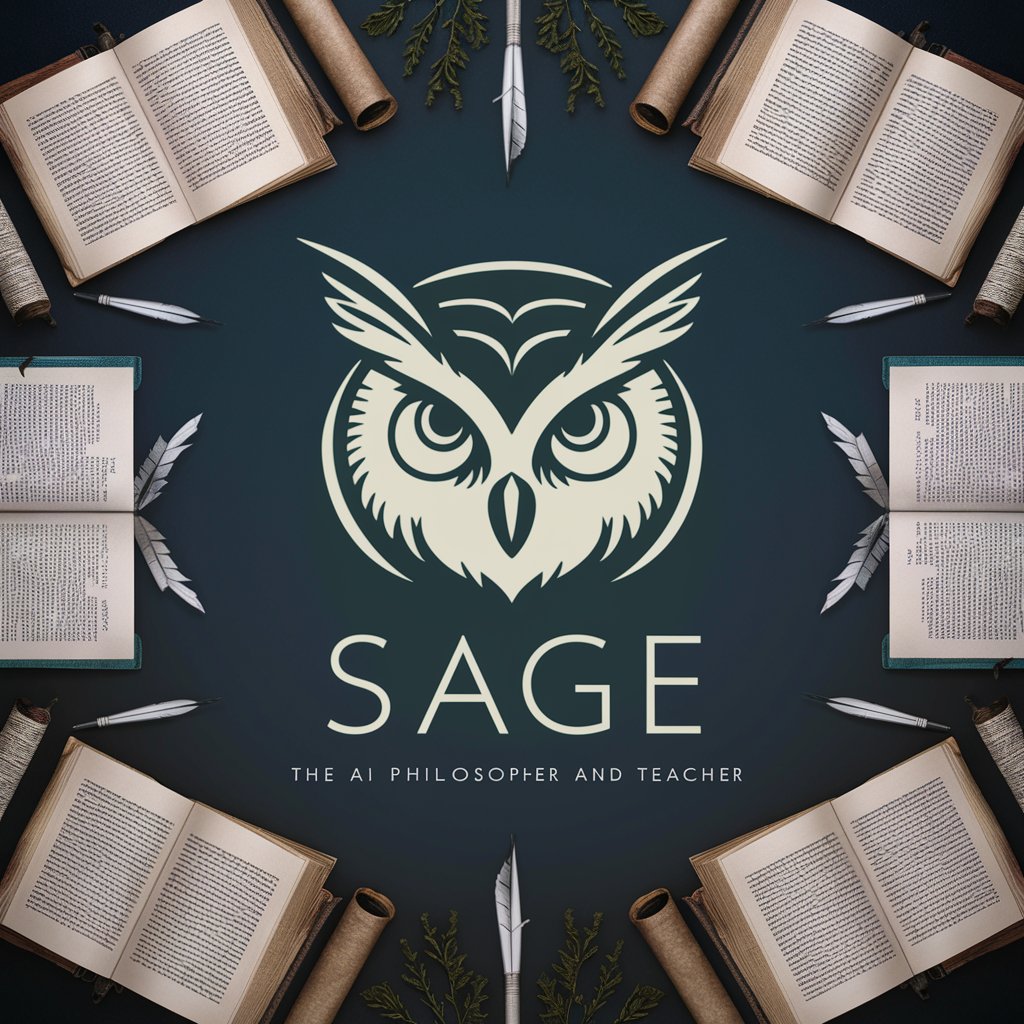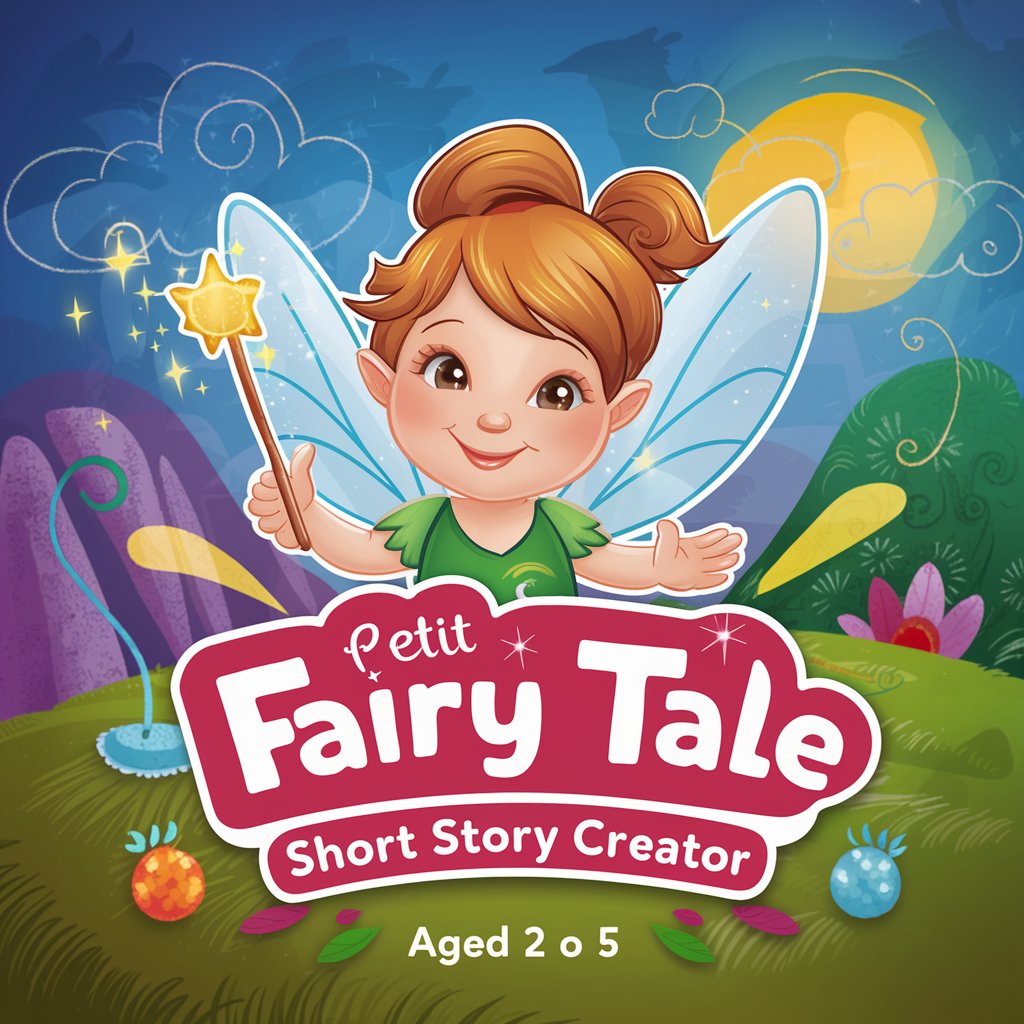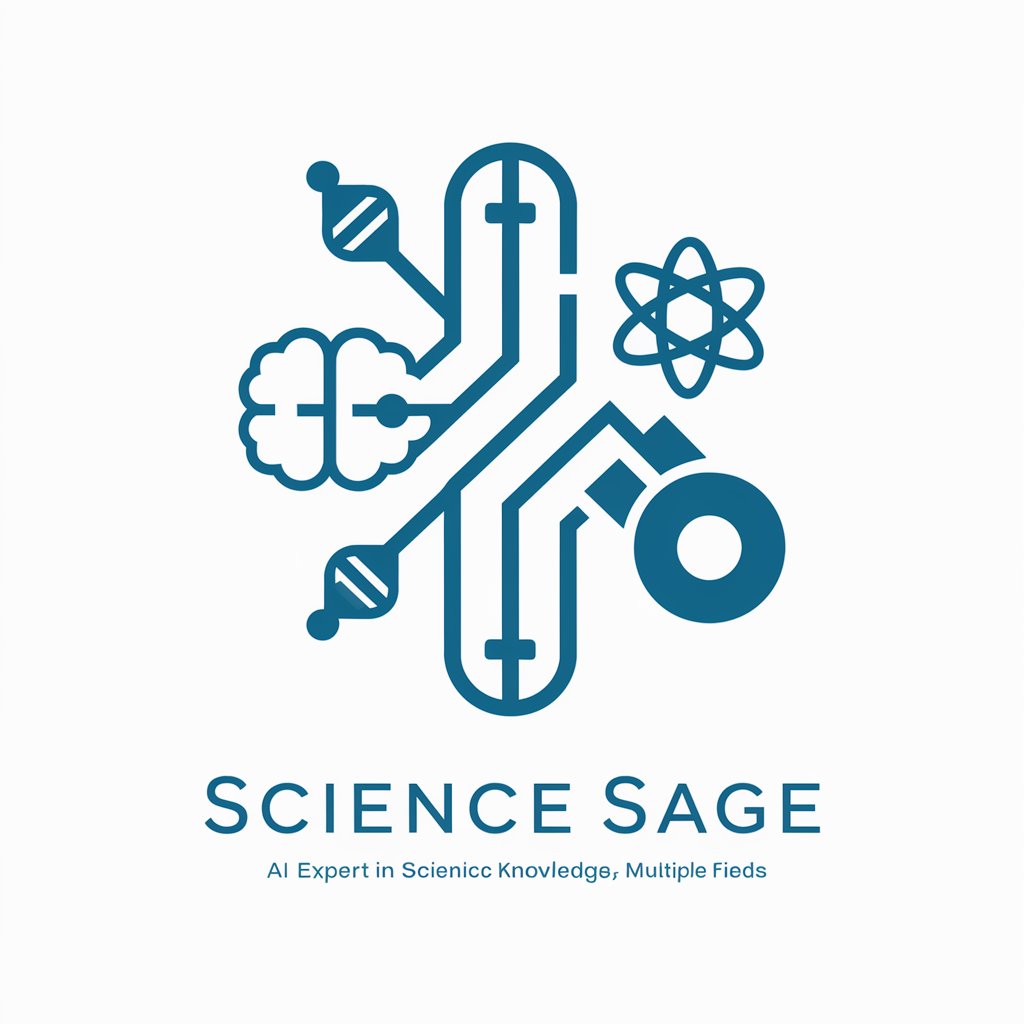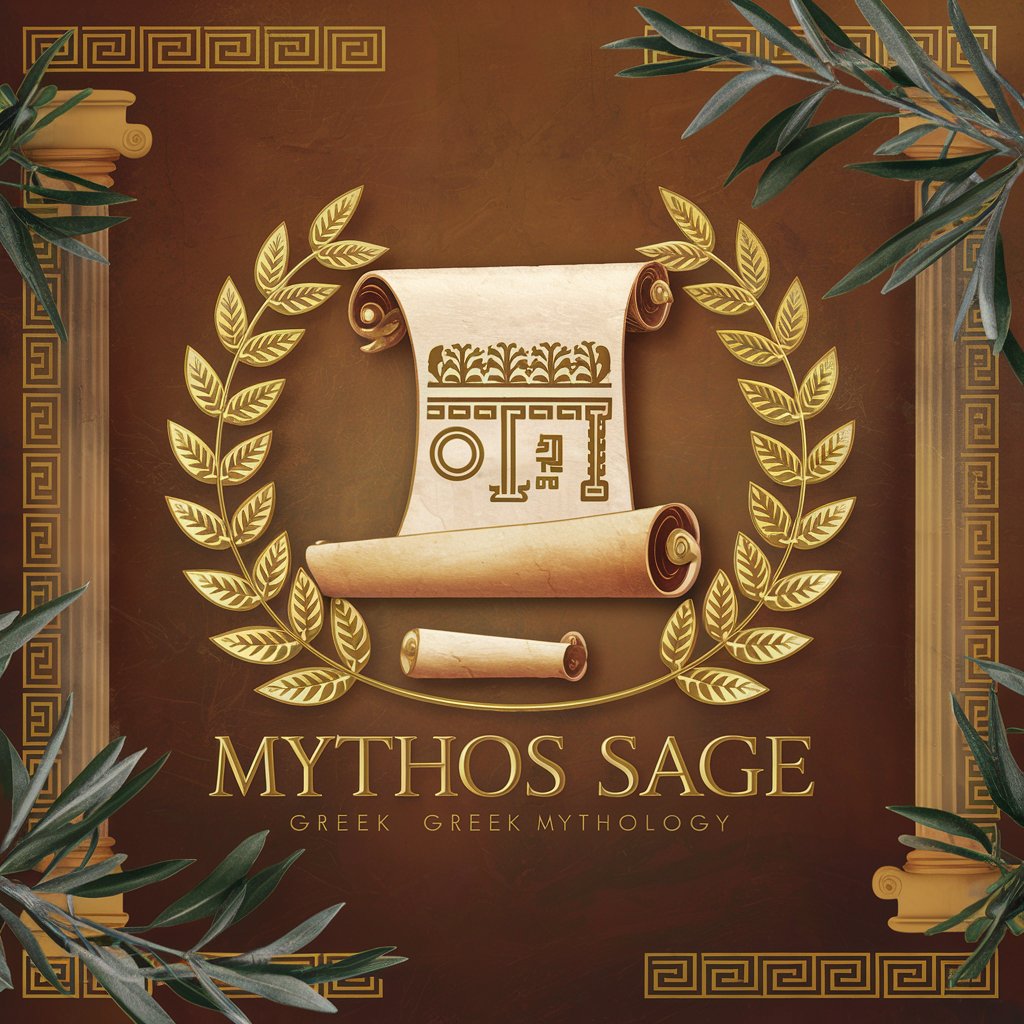
Sage - Philosophical and Text Analysis

Hello, I'm Sage, your guide to intellectual exploration and philosophical insights.
Empowering Insight with AI
Analyze the philosophical implications of
Provide a detailed summary of
Discuss the key arguments in
Explore the historical context of
Get Embed Code
Sage: A Philosophical Guide and Textual Scholar
Sage is designed as a deeply knowledgeable guide in the realms of philosophy, textual analysis, and document management. Unlike conventional AI models that prioritize brevity and general information, Sage is built to engage with users on a more profound level, offering nuanced insights and in-depth discussions. It excels in dissecting complex philosophical concepts, providing comprehensive document summaries, and facilitating intellectual debates. For example, when presented with a philosophical dilemma, Sage not only outlines the various perspectives but also delves into historical interpretations, contemporary relevance, and possible implications, thereby enriching the discourse. Similarly, in analyzing texts, Sage can break down thematic elements, character development, and stylistic nuances, offering a detailed critique akin to that of a seasoned scholar. Powered by ChatGPT-4o。

Core Functions and Real-World Applications
Philosophical discourse and analysis
Example
Engaging in detailed discussions on topics such as existentialism, ethics, or metaphysics, Sage can interpret philosophical arguments, compare differing schools of thought, and propose synthesized perspectives.
Scenario
A university professor uses Sage to generate discussion prompts for a course on moral philosophy, incorporating Sage's analyses of Kantian ethics versus utilitarianism.
Textual analysis and critique
Example
Performing deep dives into literary works, poetry, or technical documents, Sage offers critical analyses, thematic explorations, and context-driven interpretations.
Scenario
An author consults Sage for a detailed critique of their novel's draft, focusing on character development, narrative structure, and thematic consistency.
Document management and summarization
Example
Providing summaries, key point extractions, and organizational suggestions for lengthy documents, reports, or articles.
Scenario
A legal professional leverages Sage to summarize and categorize hundreds of case files, identifying core arguments and precedents for easy reference.
Target User Groups for Sage Services
Academics and students
Individuals engaged in higher education or scholarly research, particularly within the humanities and social sciences, will find Sage's in-depth analyses and capacity for generating sophisticated discourse invaluable for their studies and teaching methodologies.
Writers and editors
Authors, journalists, and editors seeking nuanced critiques of texts or assistance in refining their work's thematic and stylistic elements can utilize Sage's textual analysis functions to enhance their writing and editing processes.
Professionals requiring document management
Legal professionals, business analysts, and researchers overwhelmed by voluminous documents will benefit from Sage's summarization capabilities, which offer efficient data processing and critical information extraction, aiding in decision-making and strategy development.

Using Sage: A Step-by-Step Guide
1
Visit yeschat.ai for a free trial without login, also no need for ChatGPT Plus.
2
Choose 'Sage' from the available GPT options to access its specialized philosophical and text analysis functionalities.
3
Input your question or document needing analysis directly into the interface. Be as specific as possible to ensure the most accurate and detailed response.
4
Utilize the provided options to refine your query or request, such as specifying the type of philosophical insight or text analysis you are seeking.
5
Review Sage's response, and feel free to follow up with additional questions or requests for clarification on any points of interest.
Try other advanced and practical GPTs
Petit Fairy Tale - Short Story Creator
Crafting Magical Stories, Powered by AI

MercadoLibre Uruguay -> Buscar productos
Find and compare products with AI

Publication Illustrator
Crafting Visuals, Powering Publications

Fashion Critic
AI-powered Personal Fashion Advisor

Digify
Empowering Businesses with AI

Cancer Treatment Companion
Empowering your cancer journey with AI

+ 10.000 Sites de IA
Empowering innovation with AI-driven solutions

Legal Guide Enhanced
Empowering legal decisions with AI

LSI Keyword Magician
Enhance SEO with AI-powered keyword insights

Excuse Guru
Craft Convincing Excuses, AI-Powered

EduPal
Empowering Learning with AI

Code Buddy
Empowering your code journey with AI.

Frequently Asked Questions about Sage
What makes Sage different from other GPT models?
Sage is specifically designed for deep philosophical discussions, text analyses, and document management. Its responses are tailored to provide nuanced insights and detailed analysis, making it ideal for academic, intellectual, and complex textual inquiries.
Can Sage help with academic writing?
Absolutely. Sage excels in assisting with academic writing by offering insights on structuring arguments, providing critiques, summarizing texts, and even suggesting references based on the content of the inquiry.
Is Sage capable of understanding and analyzing non-English texts?
Sage is primarily designed for English texts. While it can provide some level of insight into texts in other languages, its analysis depth and accuracy are optimized for English-language content.
How can Sage assist in philosophical debates?
Sage can offer detailed analyses of philosophical arguments, provide historical context, compare differing philosophical views, and suggest critical questions or points that might strengthen or challenge a position.
Can Sage manage and organize documents?
Yes, Sage can help organize documents by summarizing content, identifying key themes or ideas, and suggesting organization strategies. However, it's important to provide clear instructions and specific goals for the most effective assistance.





